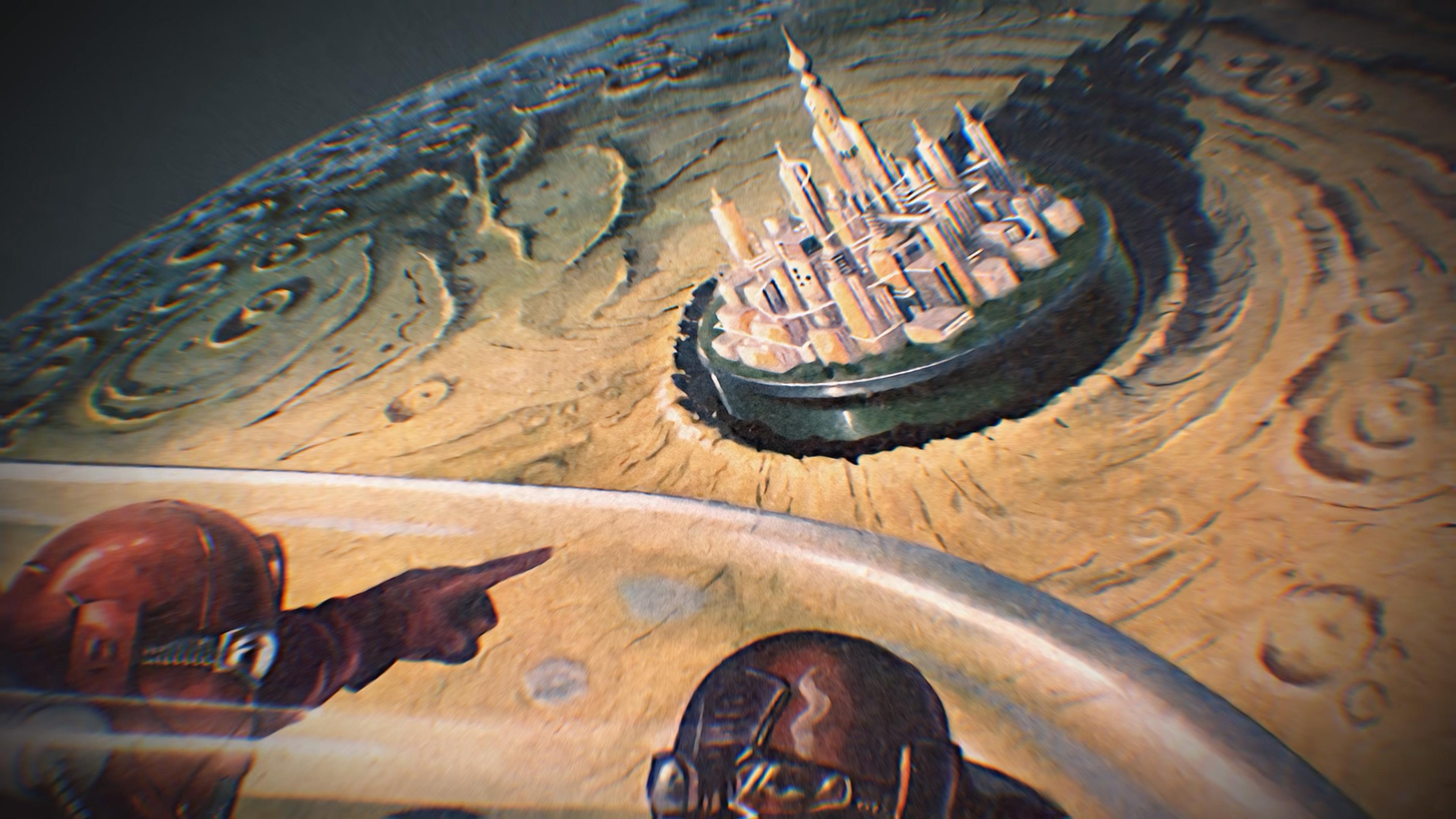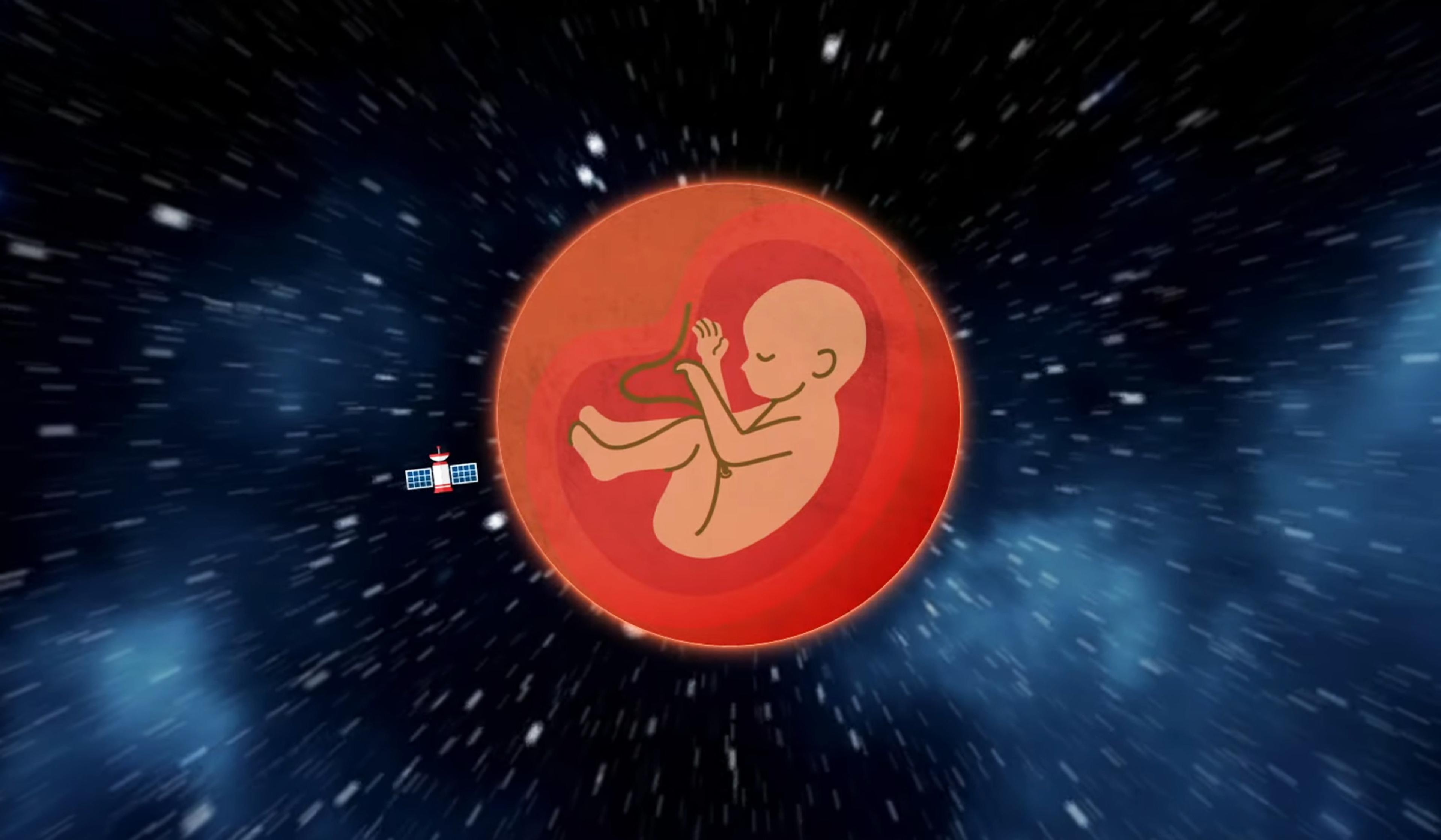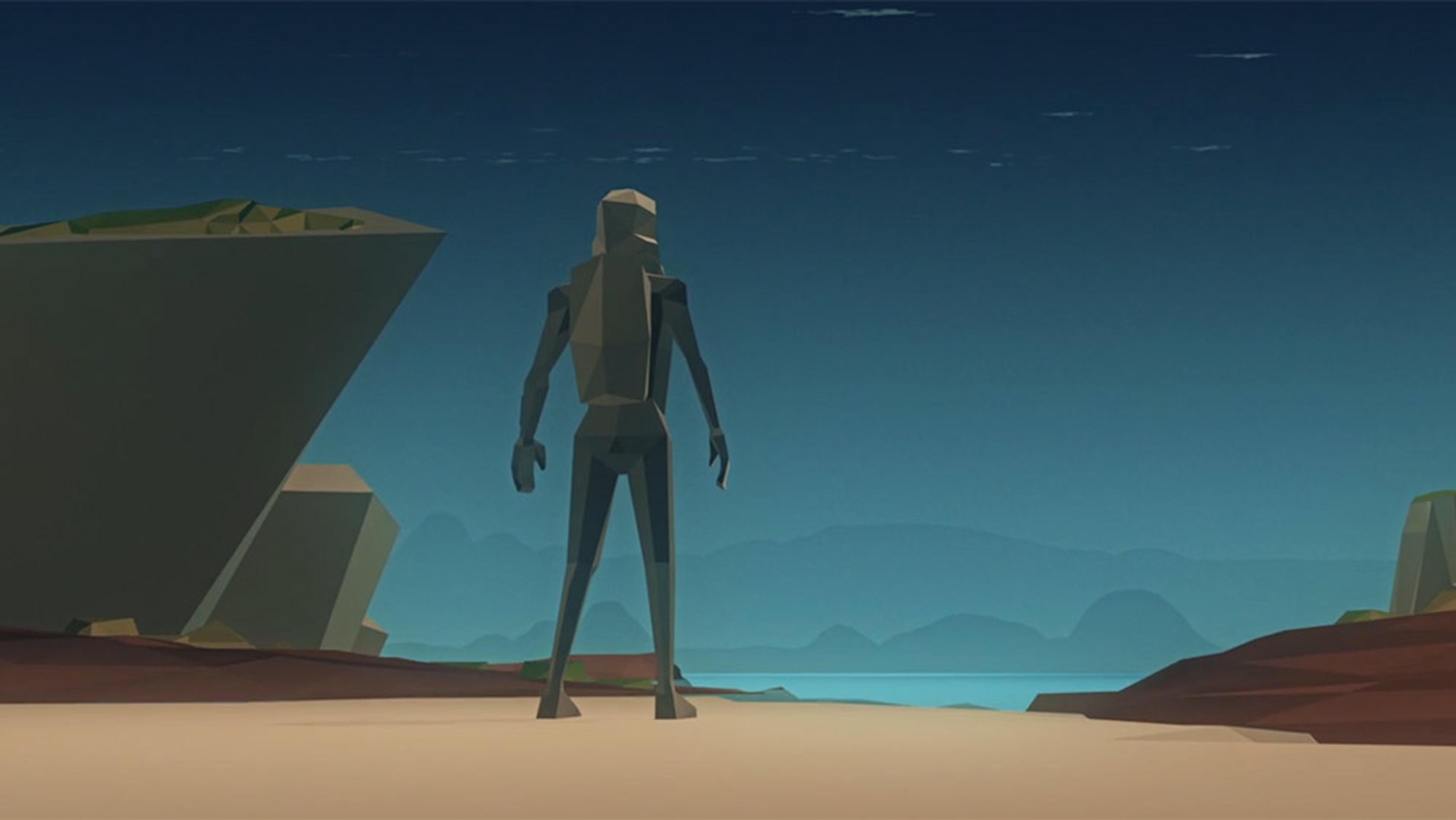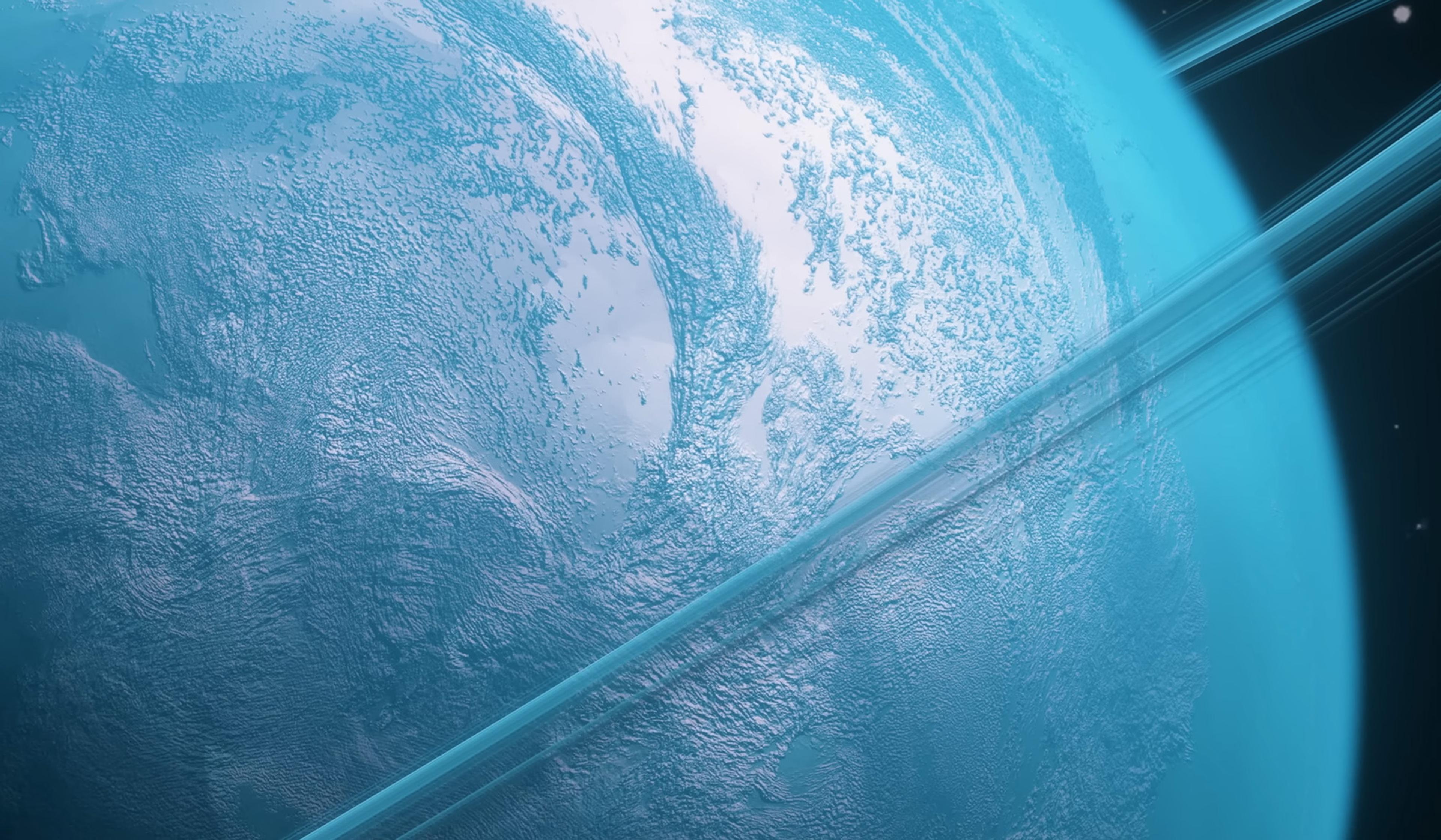Far from being rigid and fragile, the study of the microbial world has revealed that life at the smallest scales is deeply tenacious, and able to persist in some of the most extreme conditions on Earth. The incredible survival skills of certain forms of bacteria and archaea, including the ability to stay dormant for millions of years and survive in space, has lead some scientists to believe that life originating from a single celestial source could potentially spread to other planets and moons. Narrated by the UK physicist and TV presenter Brian Cox, this brief animation explores the arguments for ‘panspermia theory’, or the notion that microbes might be able to ‘hitchhike’ on meteoroids to spread life throughout the cosmos. Once an idea on the scientific fringes, today panspermia is being researched by an elite team of scientists at Harvard and MIT, who believe it may have been possible for microbes on Earth to spread to Mars – or vice versa.
The idea that life on Earth originated elsewhere is not as far out as it seems
Video by BBC Ideas, The Open University
Animation: Pomona Pictures

videoAstronomy
Life is durable and Earth-like planets aren’t rare. So where are all the aliens?
6 minutes

videoAstronomy
The history of astronomy is a history of conjuring intelligent life where it isn’t
34 minutes

videoAstronomy
Finding alien life raises huge ethical questions. Finding we’re alone does, too
6 minutes

videoSpace exploration
Would children born beyond Earth ever be able to return to humanity’s home planet?
5 minutes

videoSpace exploration
Imagine alien signals are detected. Here’s what happens next
3 minutes

videoSpace exploration
Could we make a home on Mars? It would be a very unique psychological situation
3 minutes

videoSpace exploration
In the search for life, might alien ocean worlds be a better bet than Earth-like planets?
5 minutes

videoBiology
An ode to the humble rotifer – one of nature’s simplest and strangest creatures
9 minutes

videoHistory of science
‘I could not but wonder at it’: history’s first glimpses into the microbial world
7 minutes